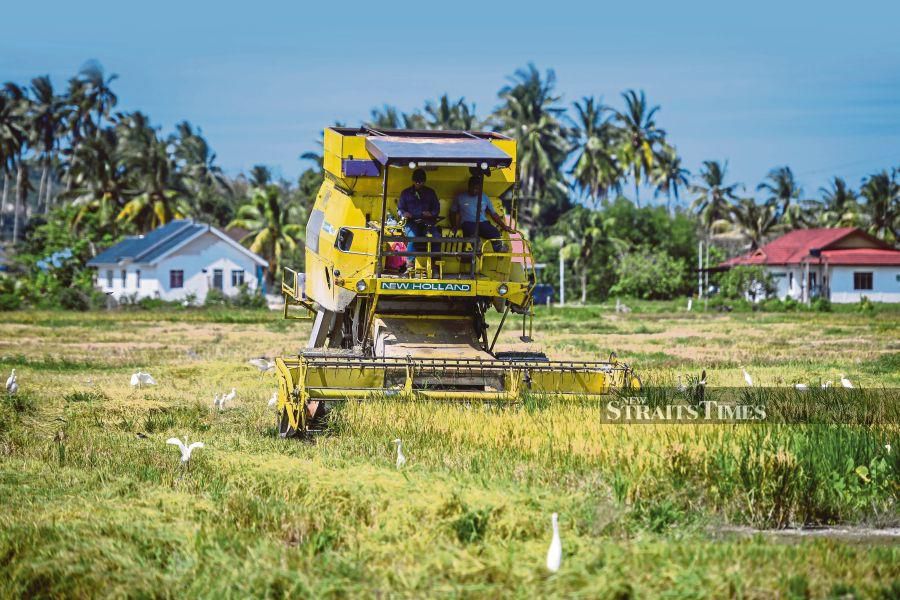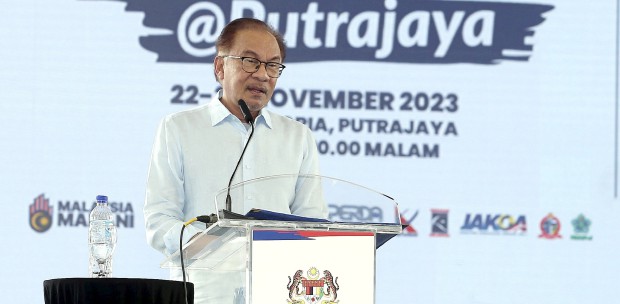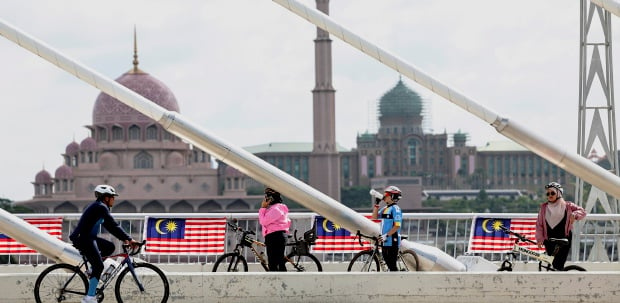A budget will give a sense of the policy directions that the government will pursue.
It gives a perspective of the economic stand that the government will uphold and its philosophical underpinnings.
Thus, the revised 2023 Budget can be seen as a way for the unity government to implement the Madani concept from an economic standpoint.
There are a few new approaches towards development in the budget. The main one is the shift in focus, especially towards rural economic development.
This is refreshing and timely, especially from the perspective of a post-pandemic economy.
In the global economic landscape, for instance, there is a trend towards deglobalisation.
Countries, especially developed ones, are undertaking a form of economic nationalism and are more inward-looking. So one way to boost our economy's resilience to these challenges is by strengthening the rural economy.
Research shows that rural development has a lot of potential, primarily in terms of transforming the people's economy.
This includes modernising the agricultural sector, eradicating poverty, reducing inequality, boosting infrastructure, and creating jobs and opportunities.
More importantly, it can boost the drive towards sustainable development and green growth, especially in realising the United Nations 17 Sustainable Development Goals that are expected to be achieved by 2030.
Malaysia can focus on the rural economy to address the rise in the cost of living, food security, job creation, underemployment, especially among youth, poverty, helping vulnerable groups, and to encourage innovation.
All these are featured in the Madani budget. However, this budget, or others, cannot satisfy everyone.
One thing that makes a good budget is that it must lay a good foundation for a better future.
We have only seven months to go before the 2024 Budget is unveiled.
The revised budget trumpets good governance, transparency, accountability, rule of law, anti-corruption and fiscal prudence.
The strategies show compassion for groups left out of development processes, especially those struggling to put food on the table.
The budget eases people's burden arising from the rising cost of living.
The government's seriousness in tackling hardcore poverty is laudable.
Measures to boost digitalisation and automation in small- and medium-scale enterprises are appropriate.
The amendment to the Insolvency Act 1967, which is to enable bankruptcy cases to be discharged early, is a step in the right direction as it gives people a chance to rebuild their financial life.
To undertake a structural reform in the economy, one cannot ignore the debate on the reintroduction of the Goods and Services Tax.
It's not the right time to reintroduce it this year, but how about next year or 2025?
All in all, the revised 2023 budget is a carefully thought-out budget that seeks to rebuild the economy post-pandemic.
The writer is associate professor at the School of Economics, Finance and Banking, Universiti Utara Malaysia
The views expressed in this article are the author's own and do not necessarily reflect those of the New Straits Times






